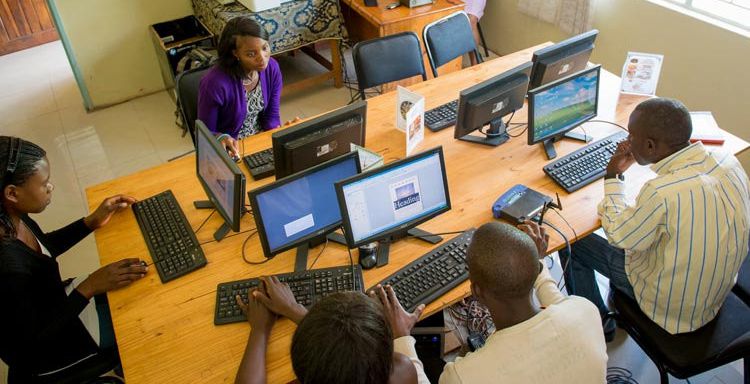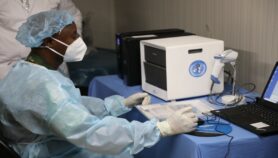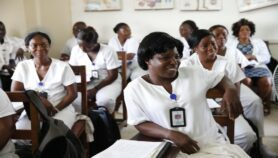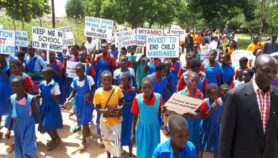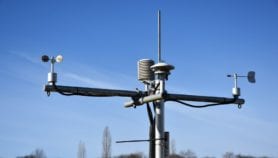By: Laura Owings
Send to a friend
The details you provide on this page will not be used to send unsolicited email, and will not be sold to a 3rd party. See privacy policy.
[CAPE TOWN] Three universities in South Africa have formed a new institute to help address the big data challenges presented by the world’s largest radio telescope, the Square Kilometre Array (SKA).
The Inter-University Institute for Data Intensive Astronomy (IDIA), formed by the University of Cape Town, University of the Western Cape and North-West University, would benefit from 50 million South African rand (about US$3.7 million) funding from the three institutions for data science research capacity over the next five years, according to a joint statement this month (3 September).
SKA, the world’s largest public science data project, is a worldwide effort to develop scientific goals and technical specifications for a next generation radio observatory designed to explore the universe, its website says.
“If South Africa can develop a reservoir of data science talent, the world will look here for the next wave of growth.”
Sunil Geness, The Information Technology Association of South Africa
Once completed it will generate data at a rate more than ten times today’s global internet traffic, with a goal of answering fundamental questions about the origin of the universe and its evolution, says Taylor. Construction will take place in South Africa and Australia in 2018.
“Institutes around the world that are part of the SKA project are developing researchers who can deal with the phenomenal amount of data the SKA will generate,” says Russ Taylor, the institute’s founding director. “With the IDIA, we will create capacity for researchers with South African universities to carry out science from the SKA data and ensure our investment realises its full potential.”
The IDIA forms a collection of experts in astronomy, computer science, statistics and eResearch technologies. The researchers will lead SKA science output, as well as MeerKAT precursor output, according to the statement.
The seven-dish MeerKAT array is a pathfinder to the SKA and has attracted interest from more than 500 international astronomers and 58 African researchers, who are interested in taking part once it is complete, according to SKA South Africa.
Taylor says IDIA has embarked on key projects, including construction of an African Research Cloud, using cloud technology. Addressing the volume and complexity of SKA data, it establishes a remote platform for researchers to interact with data on an individual scale.
The prototype will be launched in South Africa before opening up to African SKA partners and global counterparts. The prototype is currently being built, and the first node is expected to go live this month (September 2015) at a date not yet specified. “The projects will go forward as a partnership led from South Africa, to allow us to be global leaders in the SKA project rather than followers,” says Taylor.
The IDIA will also support broad big data innovation with the SKA-driven data-intensive and research and training programme, says Sunil Geness, president of the Information Technology Association of South Africa.
Geness suggests that is best achieved through collaboration with all partners in the technology industry, including international organisations, government, private sector as well as academic institutions.
“With a coordinated data centre, we can develop the skills and resources needed to fill the knowledge gap, and become exporters of technology output rather than importers,” Geness says.
This article has been produced by SciDev.Net's Sub-Saharan Africa desk.


